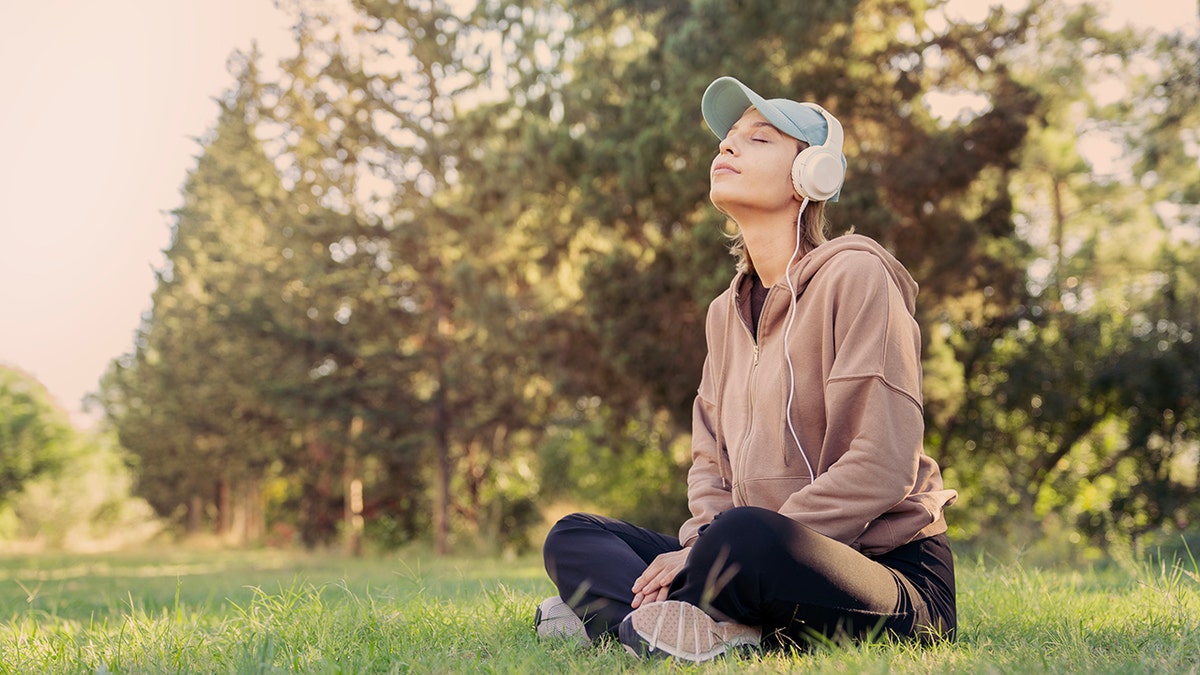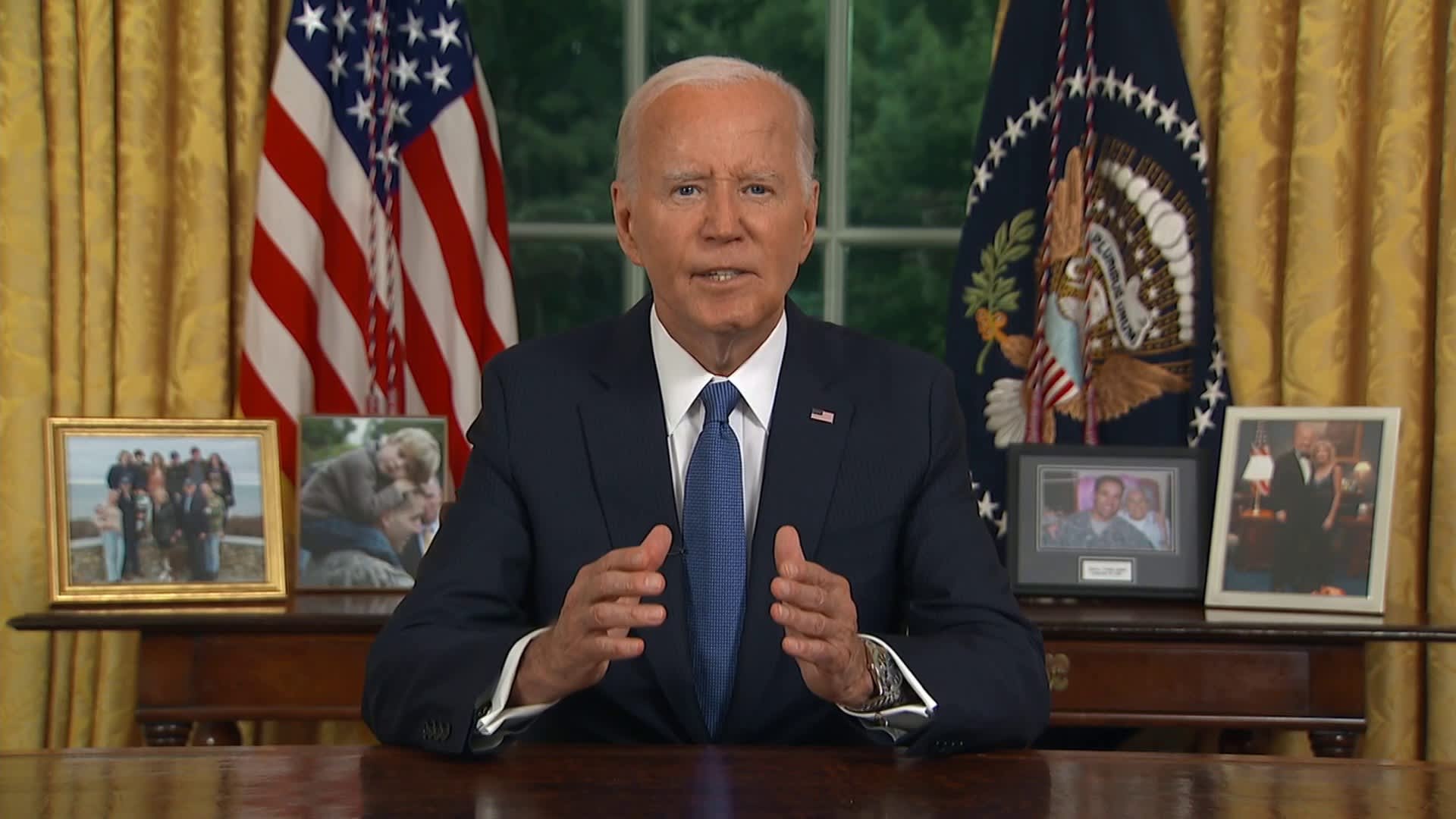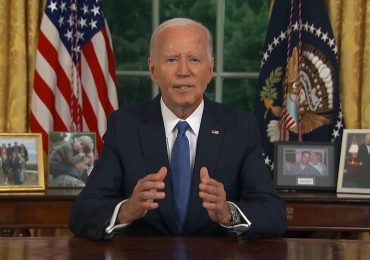This month of May, National Geographic has been giving a nod to Mental Health Awareness Month in the U.S. — with a new campaign unveiling a series of mental health check-ups in the form of articles, videos, photography and more.
The material includes downloadable phone backgrounds, ASMR nature YouTube videos, sense-soothing Spotify playlists and a “How Stressed Are You?” questionnaire first developed by psychologists in 1983.
The organization also released a series of think pieces about a culture of urgency in America that is apparently leading to burnout; the efficiency and effectiveness of meditation; and multiple takes on experiencing stress.NATIONAL GEOGRAPHIC RELEASES ITS ‘PICTURES OF THE YEAR’: SEE SOME OF THE JAW-DROPPING SHOTS
“In our ‘always-on’ world, people are more stressed than ever, and the science is clear that chronic stress has a negative impact on our health,” National Geographic editor-in-chief Nathan Lump said in a media release.
“We aim to help people better understand the effects of stress and encourage them to slow down and take the time to prioritize their mental health,” Lump also said.He added that he hoped “these resources will encourage and facilitate that behavior.”
The initiative for NatGeo sprouted from a deep dive into how scientists have been attempting to solve stress for generations due to signs that stress can have life-altering consequences, from heart disease to a weakened immune system.HEART ATTACKS MORE LIKELY DURING PRESIDENTIAL ELECTIONS AND OTHER STRESSFUL TIMES, STUDY SHOWS
In an interview with Fox News Digital, NatGeo contributor Yudhijit Bhattacharjee shared details about his research — noting that “stress is all around us.”
“Stress permeates our lives,” he said. “Stress has some serious impacts on our health, our well-being, even how our brains function, how our immune systems function and so on.”
Since the coronavirus pandemic, Bhattacharjee, who’s based in Takoma Park, Maryland, said it’s become “clear” that social isolation is a “big contributor to stress.”
“When we’re significantly stressed, we’re more susceptible to viruses and germs.”
“In the last 10 to 15 years, there’s been a lot more research on precisely how stress affects us,” he said. “We didn’t know, for example, as clearly as we do now, that stress often plays havoc with our immune system.”
“When we’re significantly stressed, we’re more susceptible to viruses and germs … and in this post-COVID world, this is definitely very relevant.”
Bhattacharjee’s research also examined how stress can affect adolescents and children.
Aniko Korosi, a researcher at the University of Amsterdam, told NatGeo, “Chronic stress in early life has more serious and lasting effects, because that’s when a lot of connections are being laid down in the brain.”

Raising their triplets is challenging for Caitlin and Chris Nichols of Lawrenceville, Georgia. Born prematurely, the children have long-term health problems. Caregivers of chronically ill children face health difficulties themselves. Telomeres — protective caps at the ends of chromosomes — are shorter than expected, a possible sign of stress-related aging. (Brian Finke/National Geographic)
Experts have discovered, according to Bhattacharjee, that high stress can impede the development of a child’s brain.
“Not much attention has been paid to the impact of stress on babies,” he said. “The stress that parents experience in trying to earn a livelihood, keep a roof over their heads — all of that stress ends up kind of transmitting to their children.”
AMERICANS NEED MORE SLEEP, LESS STRESS, EXPERTS SAY, AS GALLUP POLL REVEALS TROUBLING FINDINGS
“And while the adults can probably cope with the stress and their brains are already fully formed, it’s the children who are going to end up paying a price that lasts their entire lives.”
Bhattacharjee said NatGeo’s campaign is “drawing attention” to what stress is doing to our bodies and our children, as well as advocating for people to “try out their preferred ways of de-stressing.”

Teaching meditation to people at a young age could make a “big contribution” to society, said a National Geographic contributor (not pictured). (iStock)
Meditation — a well-known method of de-stressing — has been embraced more openly by the public and is even being introduced to children in schools, NatGeo reported.
Bhattacharjee assumed that programs like these could make a “big contribution” to society by changing “how humanity responds to day-to-day stress.”
“Scientists are learning exactly how meditation ends up helping to reduce stress and thereby helps to control some of the ill effects of stress,” he said.
ANGER CAN INCREASE HEART ATTACK RISK: ‘CHRONIC INSULT TO ARTERIES’
Bhattacharjee considered other activities to be “meditative” in their ability to control stress, such as playing a sport, singing karaoke, spending time with a pet or going for a walk.
“Meditation is kind of a catchall word for a number of contemplative practices and many of them focus on paying attention to one’s breath and one’s thoughts,” he said.

“I think we need to spend some time just with ourselves feeling bored in order to increase our well-being,” said one expert. (iStock)
The NatGeo contributor said many people today are living in a “frenetic social media environment” while surrounded by issues ranging from environmental to political — making it an opportune time to pay attention to our stress levels and learn how to calm them.
CLICK HERE TO GET THE FOX NEWS APP
“This constant seeking of stimulation, this addiction to stimulation, is contributing to the stress,” he said.
“[Scrolling is] probably not helping … even if you think that it will entertain you. Maybe that’s just adding to our stress load.”
CLICK HERE TO SIGN UP FOR OUR HEALTH NEWSLETTER
He added, “I think we need to spend some time just with ourselves feeling bored in order to increase our well-being.”
For more Health articles, visit foxnews.com/health.












